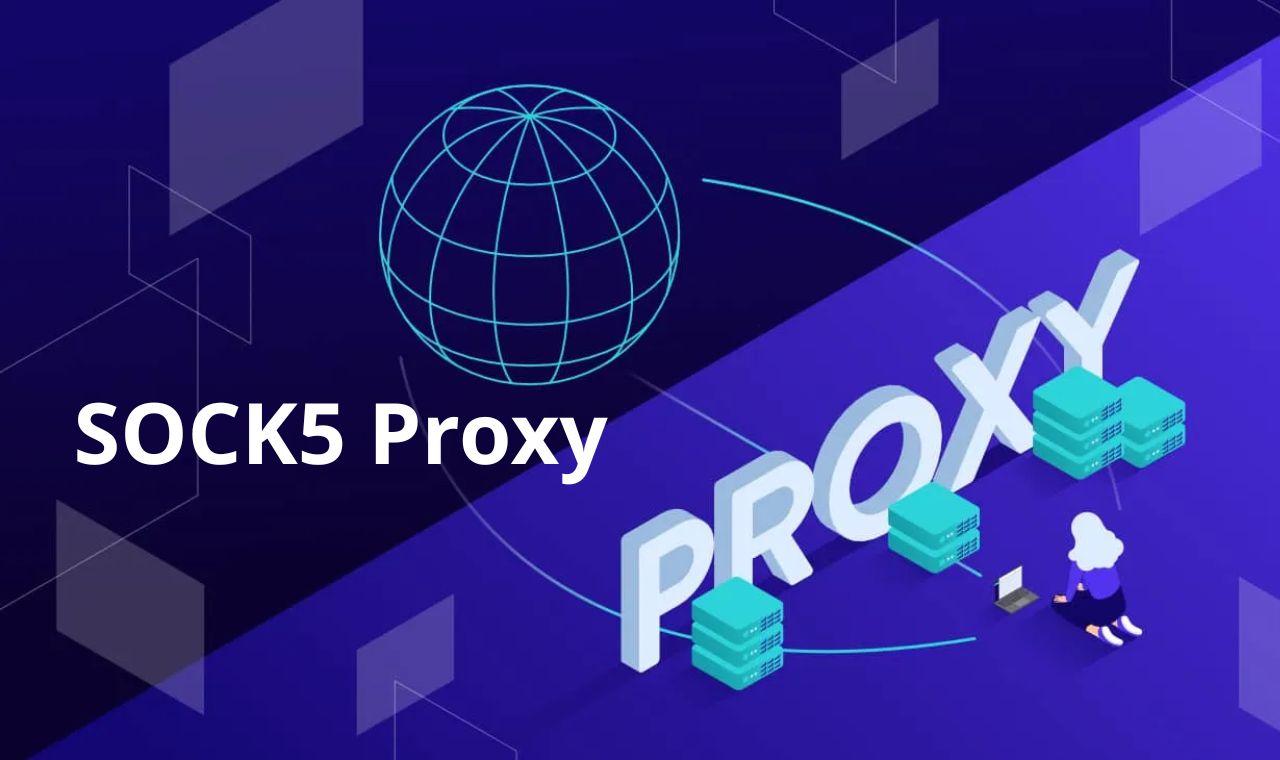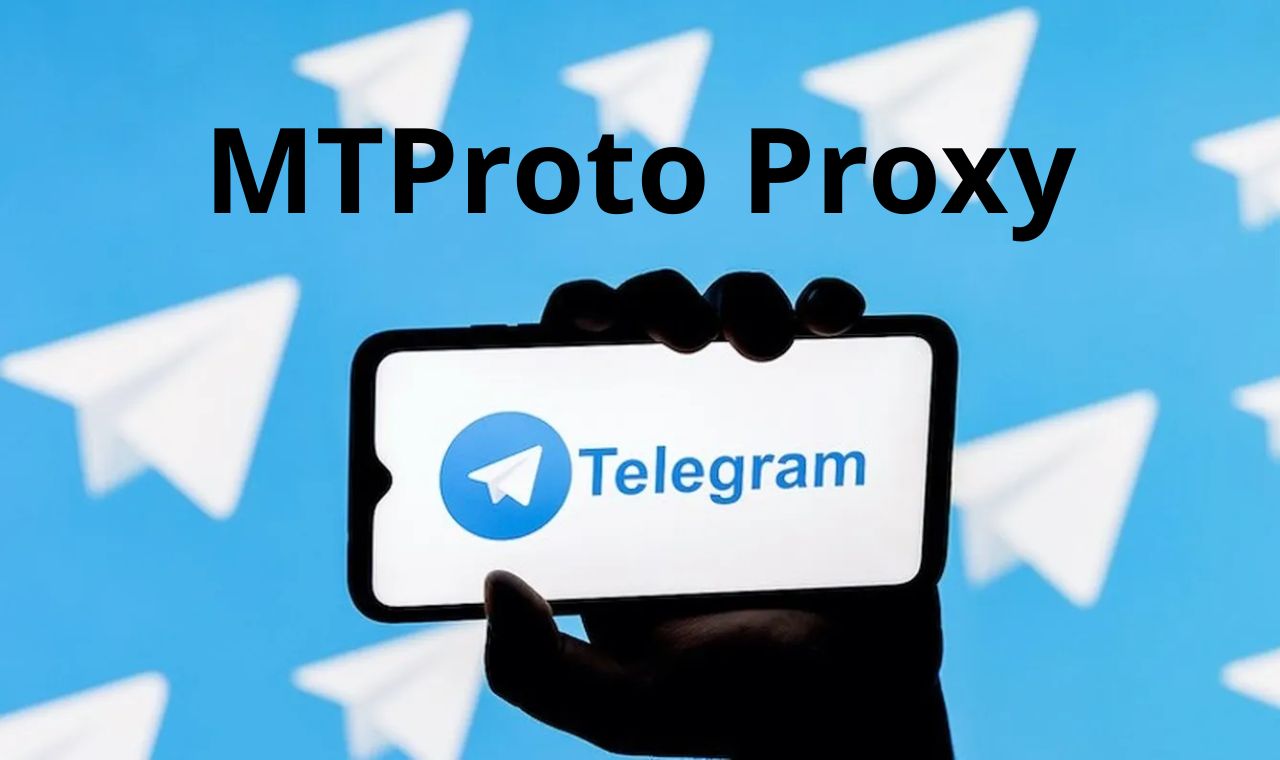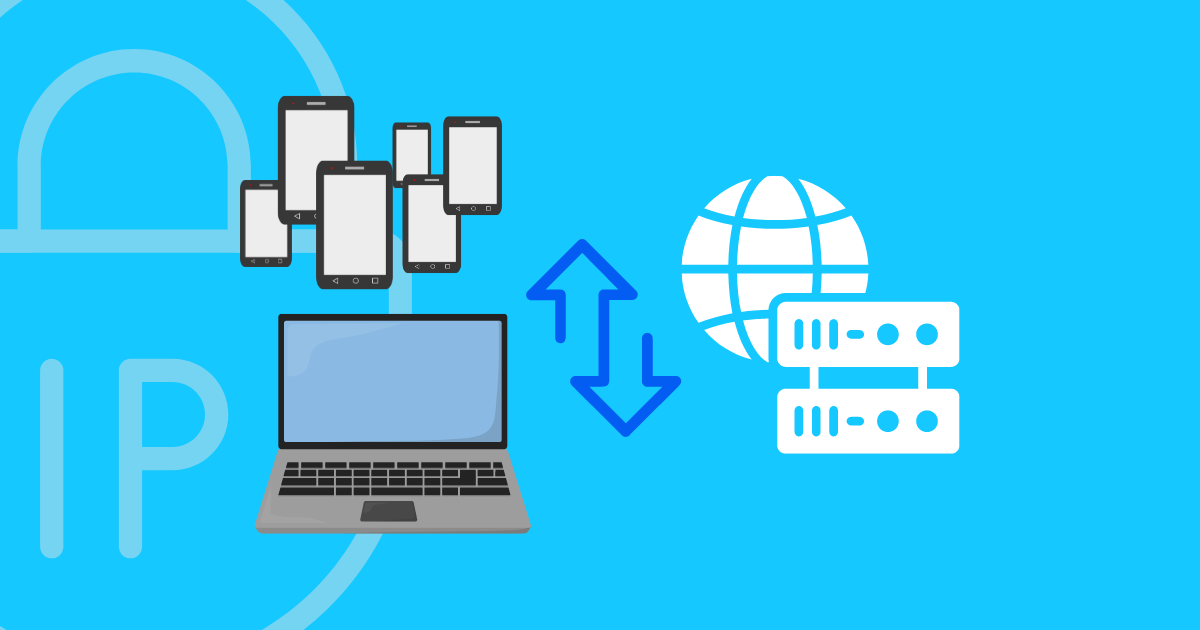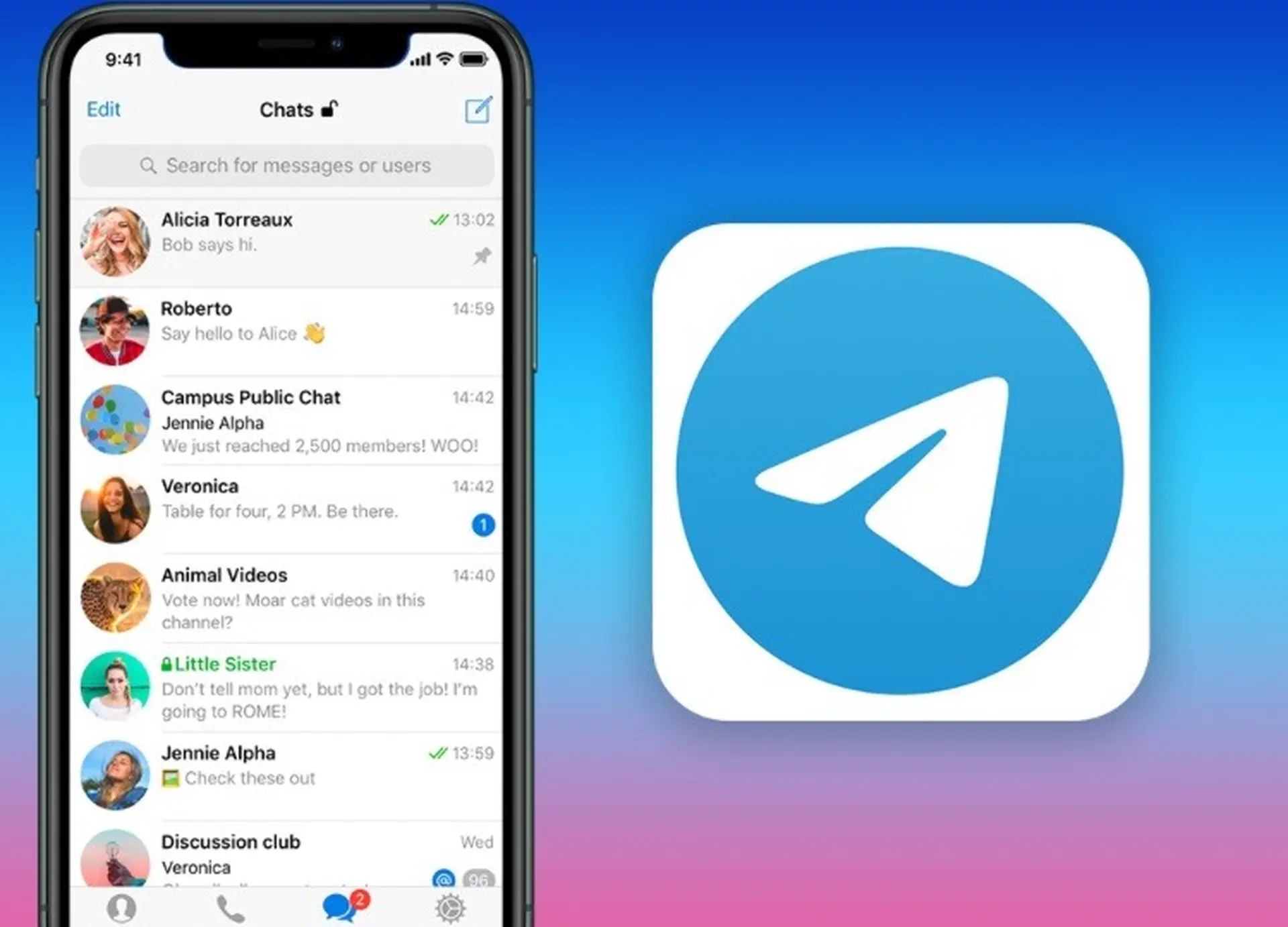With the rapid advancement of digital technology, security threats, privacy concerns, and internet censorship have become increasingly common. To safeguard personal data and maintain unrestricted access, internet users are turning to secure and effective solutions, with VPNs (Virtual Private Networks) being one of the most preferred tools. So, what exactly is a VPN, how does it work, and should you use one? Let’s explore these questions.
What is a VPN?
A VPN (Virtual Private Network) is a technology that allows users to connect to the internet through a secure, encrypted tunnel, helping them stay anonymous, protect personal data, and access geo-restricted content.

What is a VPN?
When using a VPN, data from your device is encrypted and sent through an intermediary server before reaching the target destination. This process helps hide your real IP address and creates an additional layer of security, preventing tracking by ISPs (Internet Service Providers), hackers, or advertising platforms.
Benefits of Using a VPN
1. Data Encryption and Security
One of the core advantages of a VPN is its ability to encrypt your internet connection. When connected to a VPN server, all data transmitted between your device and the internet is secured within a protected tunnel. This is particularly important when using public Wi-Fi networks in cafes, airports, or libraries—locations where security risks are high. Hackers can easily intercept and steal sensitive information. With a VPN, personal data such as passwords, banking details, and online transactions are fully protected from unauthorized access.
2. Anonymous Browsing
A VPN acts as an invisibility cloak for your online activity. By masking your real IP address and location, it replaces them with the VPN server’s address, making your browsing completely anonymous. This prevents ISPs, advertisers, and even governments from easily tracking your web habits or collecting personal data. This enhanced anonymity grants users greater freedom and privacy in today’s digital landscape.
3. Bypassing Censorship and Geo-Restrictions
Many online services and entertainment platforms like Netflix, BBC iPlayer, or Telegram impose regional restrictions or government censorship. A VPN acts as a key to unlocking these limitations. By allowing users to change their virtual location to another country, VPNs help circumvent geo-blocking and censorship, enabling unrestricted access to content regardless of location.
4. Secure Remote Access
VPNs aren’t just for personal use—they are essential tools for businesses as well. Many companies utilize VPNs to establish secure access to internal networks remotely. This allows employees to work from home or any other location while securely accessing corporate resources, applications, and sensitive data. VPNs protect company information from external threats while ensuring remote productivity remains efficient.
Is Using a VPN Legal?
In most countries, VPN usage is completely legal, provided it is not used for illegal activities. However, some governments with strict censorship policies may restrict or ban VPN services. It’s advisable to check local regulations before using one.
How Does a VPN Work?
A VPN creates a separate data channel between the user and the VPN server. All internet traffic is encrypted before leaving the device, passes through the VPN server, and then reaches its final destination. This means:
- Your real IP address is replaced with the VPN server’s IP
- Data remains unreadable to third parties
- Geo-restricted content becomes accessible

How Does a VPN Work?
When Should You Use a VPN?
- When connecting to public networks (Wi-Fi at airports, cafes, etc.)
- To access geo-restricted content
- For anonymous browsing
- For remote work and accessing company resources securely
- To protect personal data from cyber threats
Limitations of a VPN
Despite its advantages, VPNs have a few drawbacks:
- Reduced internet speed due to encryption and routing through intermediary servers
- Some services detect and block VPN access
- Free VPNs may be unsafe, exposing users to data leaks or malware-loaded ads
Conclusion
A VPN is an effective, secure, and reliable tool for protecting personal data, ensuring anonymous browsing, and bypassing internet restrictions. Given the increasing cybersecurity threats, investing in a trusted VPN provider is a smart move to safeguard yourself online. Keep your data private and enjoy unrestricted access to the internet with a high-quality VPN service! Don’t forget to visit Telegram Proxy to learn more useful information!




